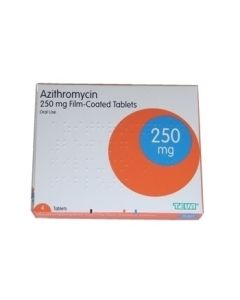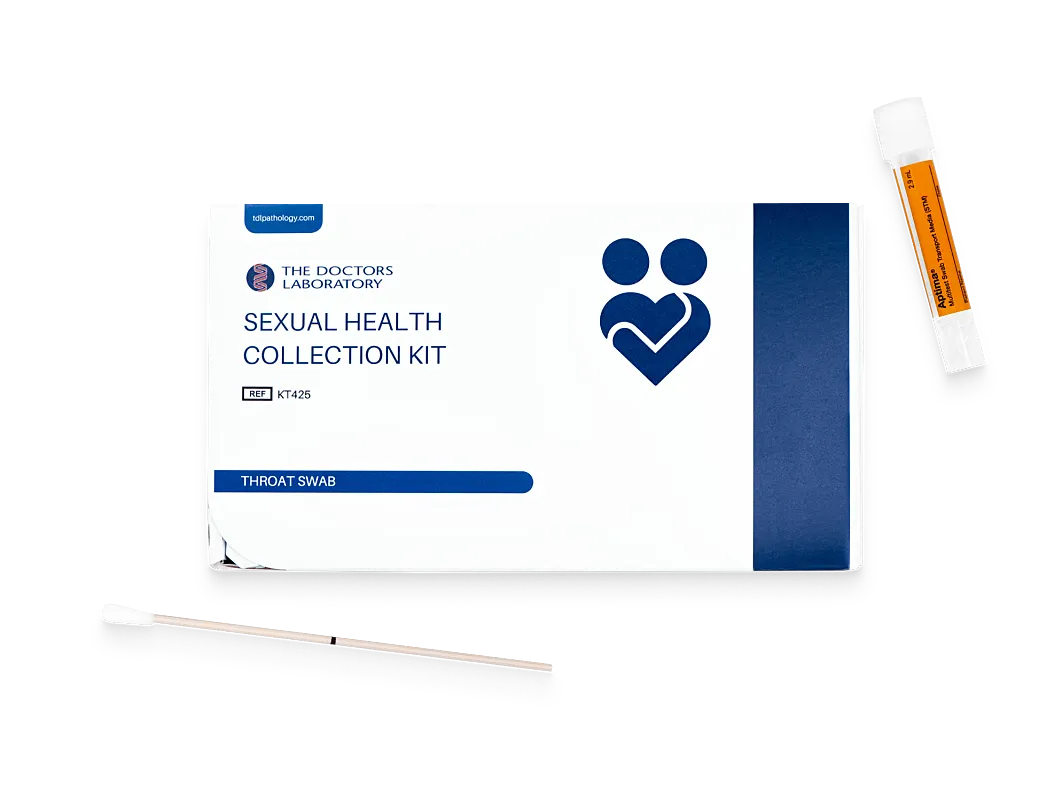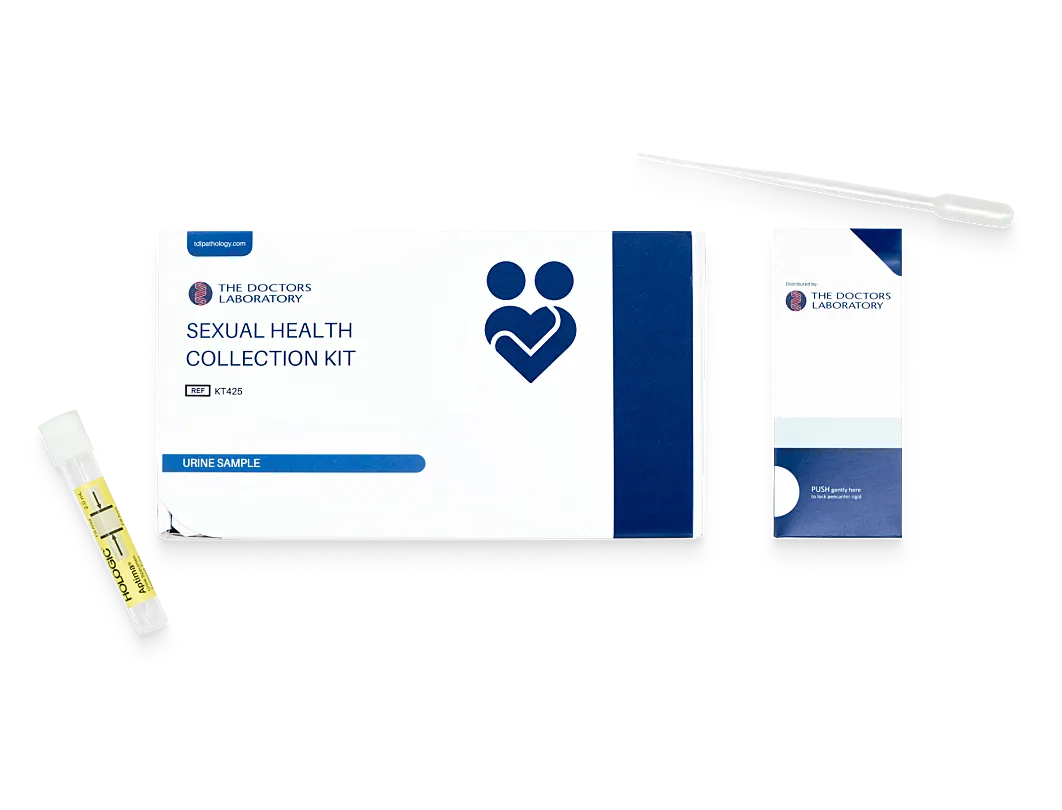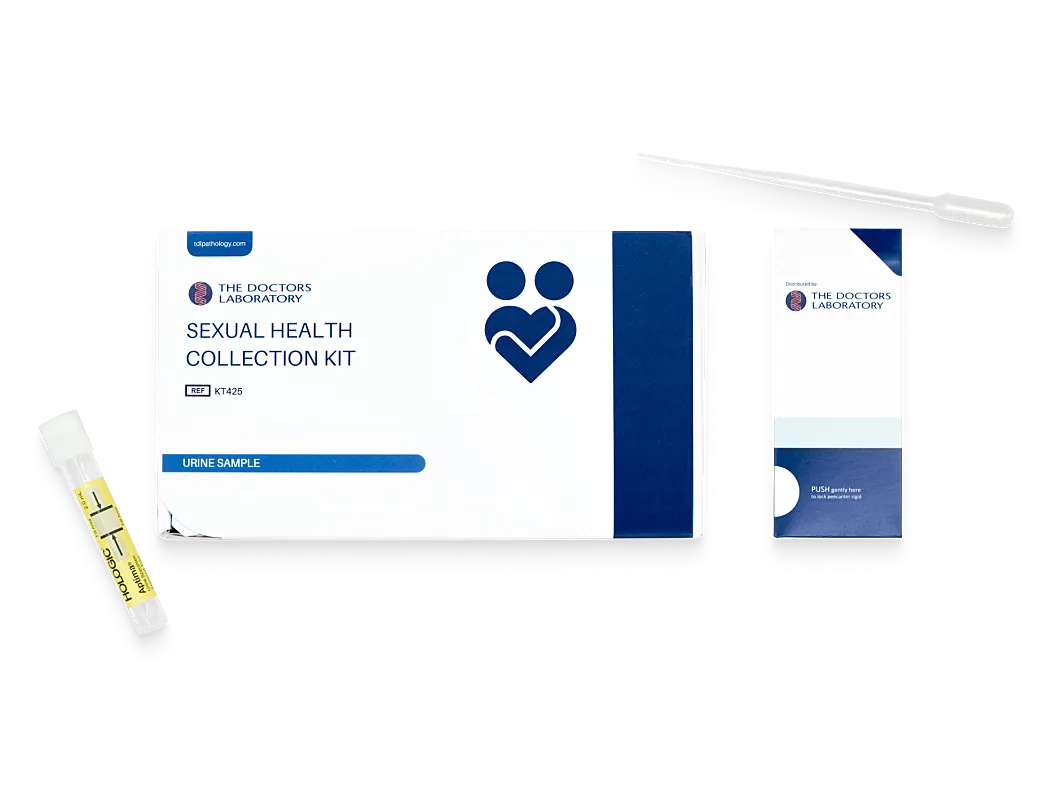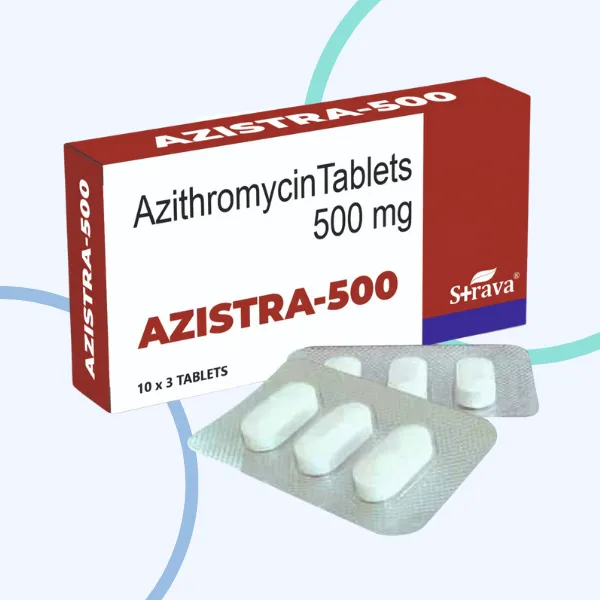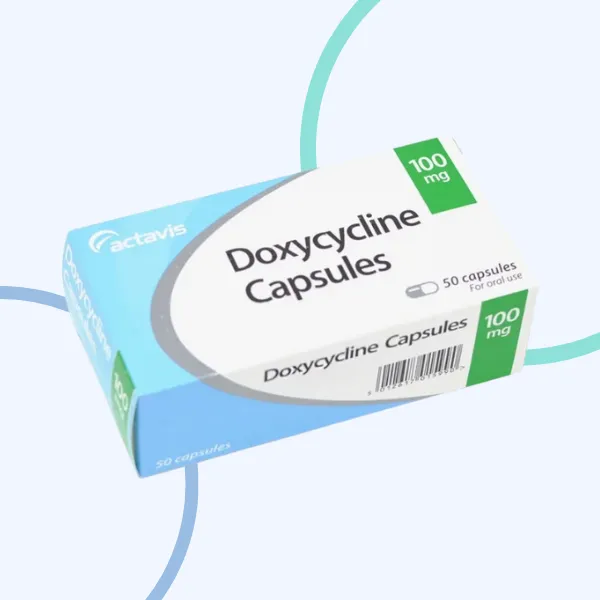- Home
-
-
-
-
-
-
-
-
- Skincare
- Sleep
- Buy Sleeping Tablets
- Migraine
- Diarrhoea & Constipation
- Threadworms
- Trapped Wind
- Haemorrhoids/Piles & Anal Fisure
- Dandruff
- Fungal Infections
- Scars, Cellulite & Stretch Marks
- Warts & Verrucas
- Cough & Cold
- Excessive Sweating
- Lice & Scabies
- Snoring
- Children & Babies
- Nausea
- Managing Medication - Pill Boxes And Tablet
- Acid Reflux & Heartburn
-
- Feminine Underwear
- Angina And Heart Health
- Children's Healthcare
- Cystitis & Urinary Infections
- Coughs, Cold And Flu
- Hair Care - Head Lice & Nits
- Skin Care.
- Hangover Relief
- Hayfever & Allergy Relief
- Health Monitoring & Diabetes
- Herbal Remedies
- Excessive Sweating
- Lip Care
- Nasal Care.
- First Aid
- Oral Health
- Ostomy Care & Catheter Care
- Pain Relief Care
- Piles & Haemorroids
- Sleeping Aids
- Thrush Treatments
- Travel Health
- Vaginal Infections
- Vertigo
- Digestion & Indigestion
- Toiletries
- Incontinence Care
- Low Protein
- Multivitamins & Supplements
- Baby Milk & Formula's
- Wound Management
- Diabetes Test Strips & Needles
- Feminine Hygiene
- Male Enhancement
- Eye Care
- Ear Care
- Mouth Care
- Foot Care
- Health Care
- Oral Trush
- Sun Care.
- Acne Care
- Rosacea Skin Care
- Psoriasis Skin Care
- Eczema Skin Care
- Hair Loss Care
- Quit Smoking Aids
- Asthma Healthcare
- CBD & Herbal Remedies
- Immunity
- Bone
- Nutritional Drinks
- Worms
- Baby Healthcare
- Bites & Sting Relief
- Chicken Pox
- Urinary/Bladder Problems
- Vaginal Dryness
-
-
-
- Contraceptive Pill
- Morning After Pill
- Period Delay
- Alternative Contraceptives
- Bacterial Vaginosis
- Period Pain
- Hormone Replacement Therapy (HRT)
- Vaginal Dryness
- PCOS
- Feminine Hygiene Underwear
- Female Hormones Test
- Women's Health - Thrush
- Cystitis Treatments
- Hirsutism (Hair Removal)
- (UTIs) Urinary Tract Infections
-
-
-
-
Azithromycin 250mg Tablets
- Categories: Online Clinic Sexual Health Chlamydia
Guaranteed Safe Checkout
Azithromycin 250mg Tablets
Azithromycin 250mg Tablets are designed for convenient, once-daily use as part of a structured health routine. Each tablet provides consistent support for maintaining overall wellbeing under professional guidance. The easy-to-swallow format makes them simple to include in your daily schedule when directed. Azithromycin 250mg Tablets are formulated to support balance and consistency within a guided care plan. They are typically taken once daily with or without food, depending on individual recommendations. The tablets are designed for practicality and ease of use, fitting smoothly into a structured routine for ongoing wellness management. This product is not intended to diagnose, treat, or cure any medical condition. Always use as directed and under the guidance of a qualified professional. Keep out of reach of children and store in a cool, dry place.Key Features
Product Information
Note


